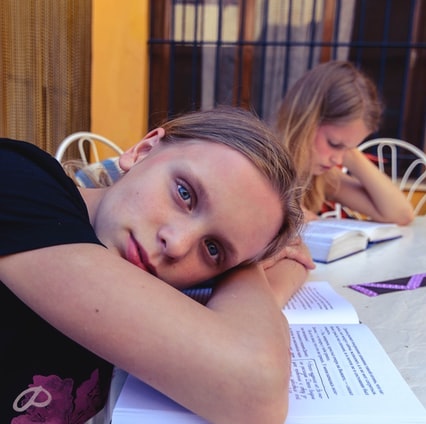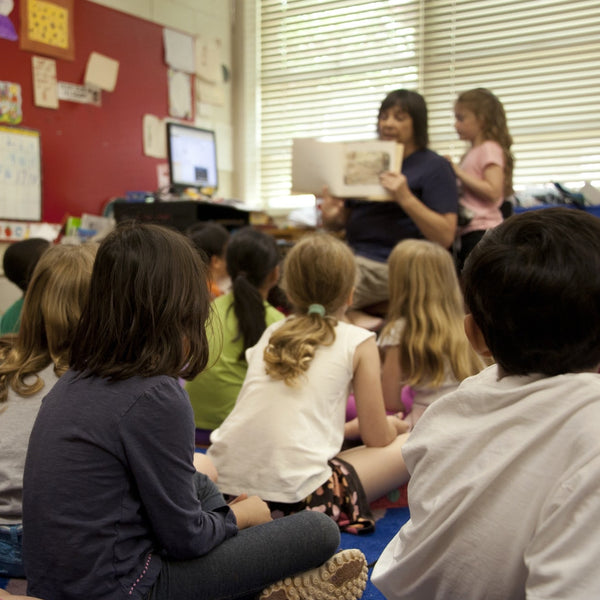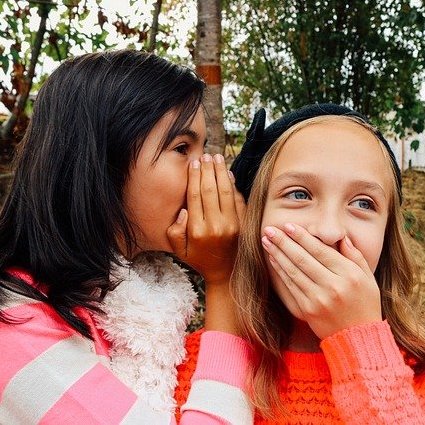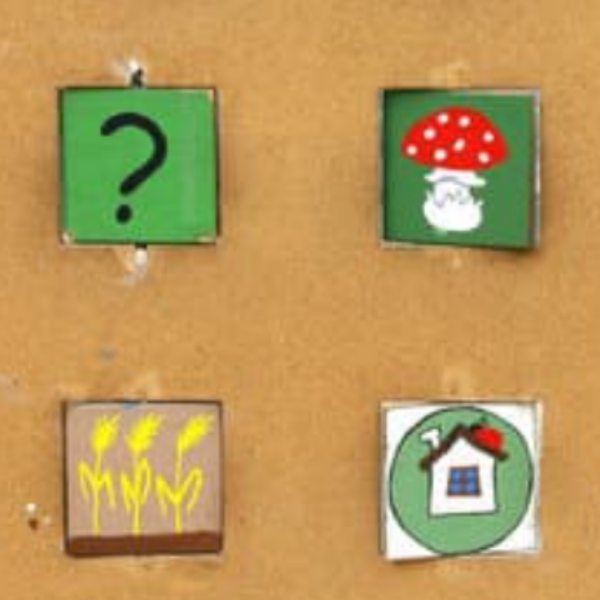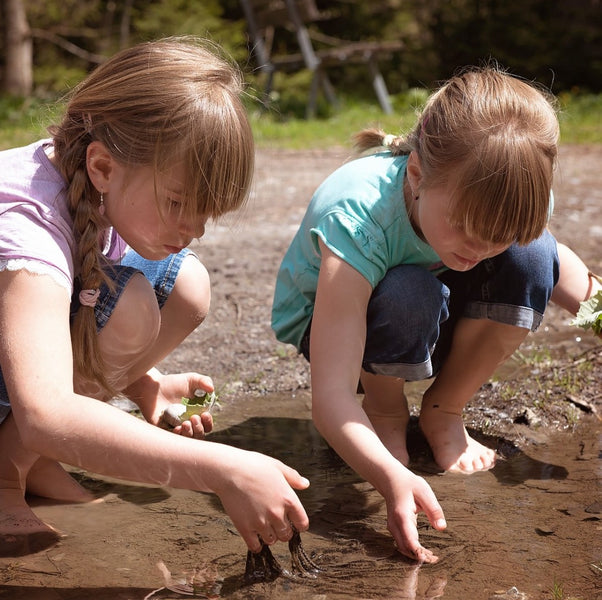Research -- StepUp to Learn
Motivation Depends on How the Brain Processes Fatigue
How do we decide whether or not an activity which requires work is ‘worth the effort’?
Researchers Find What Motivates Young Children to Learn
The study focused on how children’s knowledge level influences what information they find interesting. The findings suggest that children are not simply attracted to information by its novelty.
Not All Recess is Created Equal
With schools returning to full-time in-person classes this fall now is a good time to rethink, ‘How do we create schools that are more child-friendly?’
Youngest Children in Class Are More Likely to Be Diagnosed with a Learning Disability
Children born in December are almost twice as likely to be diagnosed with a learning disorder as those born in January.
New Experiences Enhance Learning by Resetting Key Brain Circuit
A study of spatial learning in mice shows that exposure to new experiences dampens established representations in the brain’s hippocampus and prefrontal cortex, allowing the mice to learn new navigation strategies.
Blink! The Link Between Aerobic Fitness and Cognition
Researchers have found evidence that spontaneous eye blink activity, which reflects activity in the dopaminergic system, explains the connection between fitness and cognitive function.
We Hear What We Want to Hear
New findings on the importance of anticipation in brain organization, specifically in auditory processing.
Children With Dyslexia Show Stronger Emotional Responses
Dyslexia is much more complex than just a weakness in reading skills.
How Our Brains Know When Something's Different
Scientists discovered how a set of high frequency brain waves may help us unconsciously know when something's different by comparing memories of the past with present experiences.
Worth it? How the Brain Decides to Make an Effort
A new understanding of motivation: How your brain weighs the costs versus the benefits of making a physical effort.
Playfulness Can Be Trained - Here's Why You Should Do It
Playfulness is a personality trait that is expressed differently in people. "Particularly playful people have a hard time dealing with boredom....
Young Children Would Rather Explore Than Get Rewards
Young children will pass up rewards they know they can collect to explore other options, a new study suggests. Researchers found that when adults and 4- to 5-year-old children played a game where certain choices earned them rewards, both adults and children quickly learned what choices would give them the biggest returns. But while adults then used that knowledge to maximize their prizes, children continued exploring the other options.

